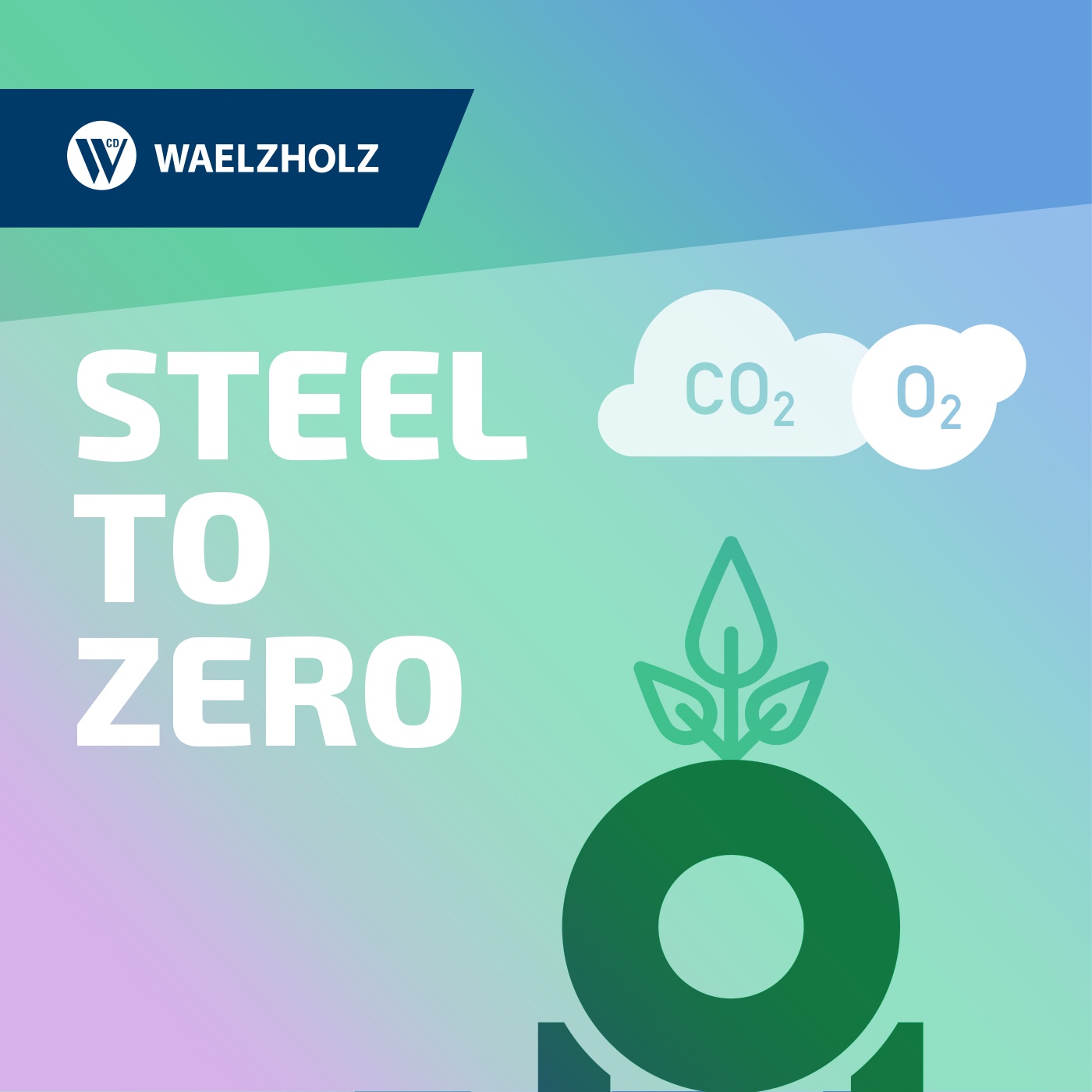
Episode 6: The path to green steel: How Waelzholz will reduce CO2 emissions in the future
As a technology leader, Waelzholz is one of the pioneers in the industry on its path to transformation. This is the result of a consistent sustainability strategy that begins with traditional aspects such as energy efficiency and the use of renewable energy sources and extends to an innovative accounting model that enables the transparent and certified supply of CO2-reduced steel strip. In this sixth podcast episode, you can find out what measures Waelzholz has implemented in this area and how they are linked to the company's sustainability reporting.
Host: Ute Neuhaus
Guests:
Dr Heino Buddenberg (Chairman of the Management Board...